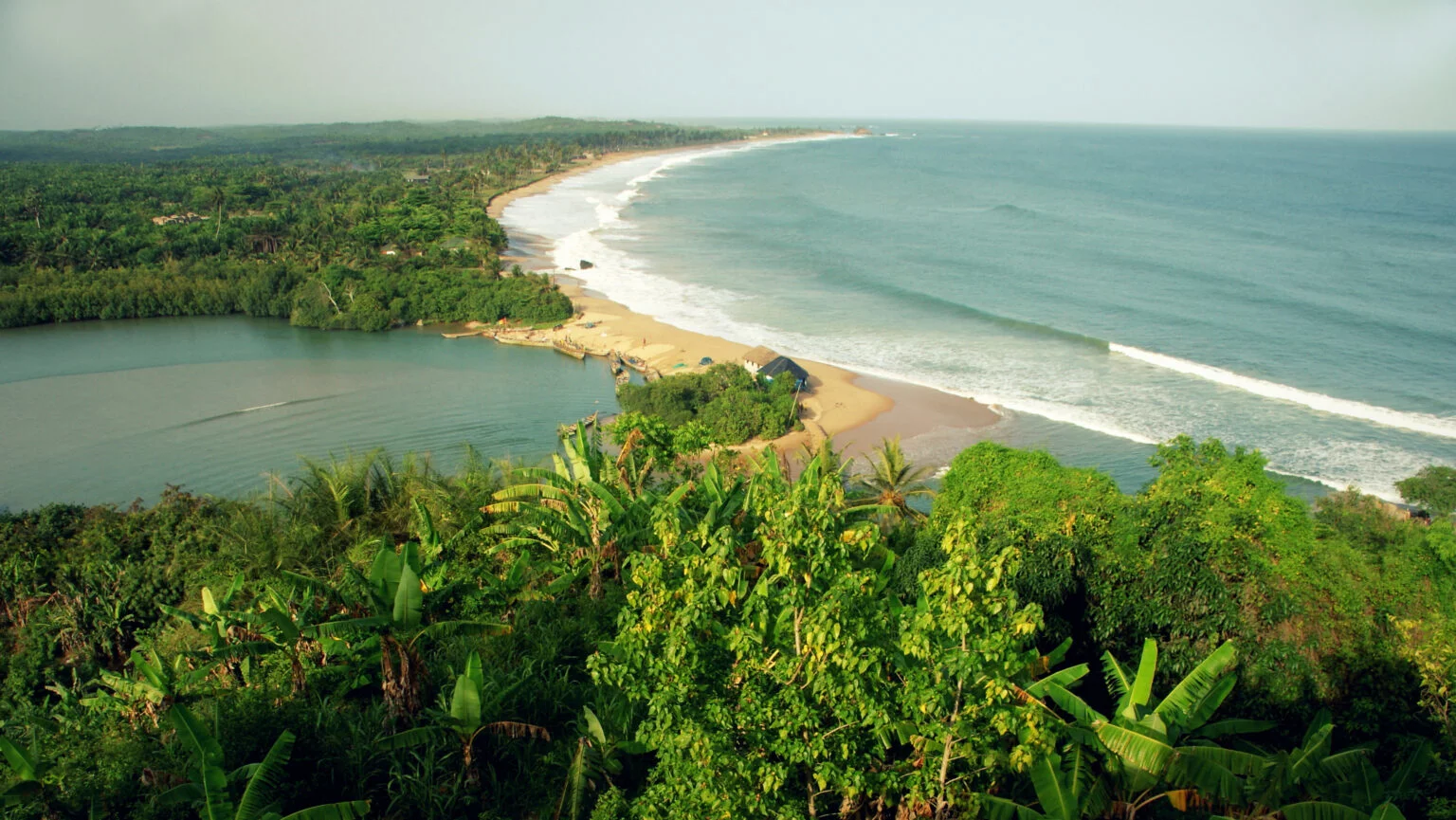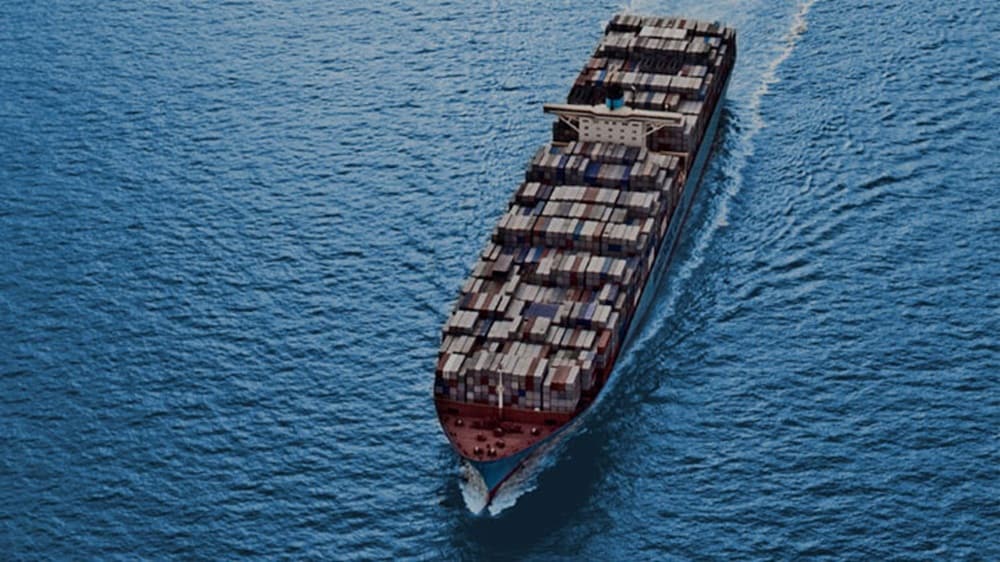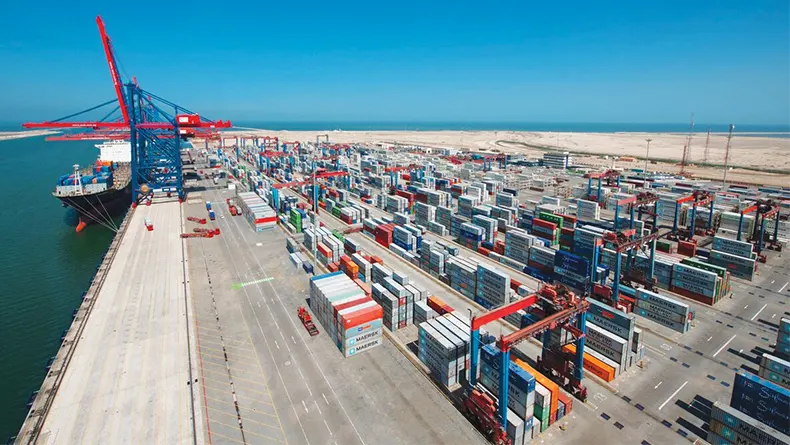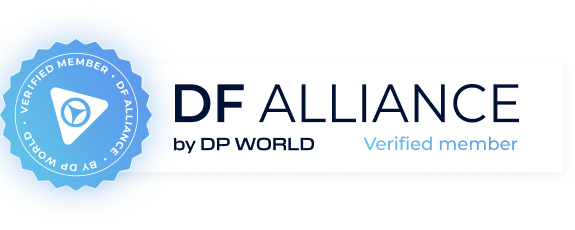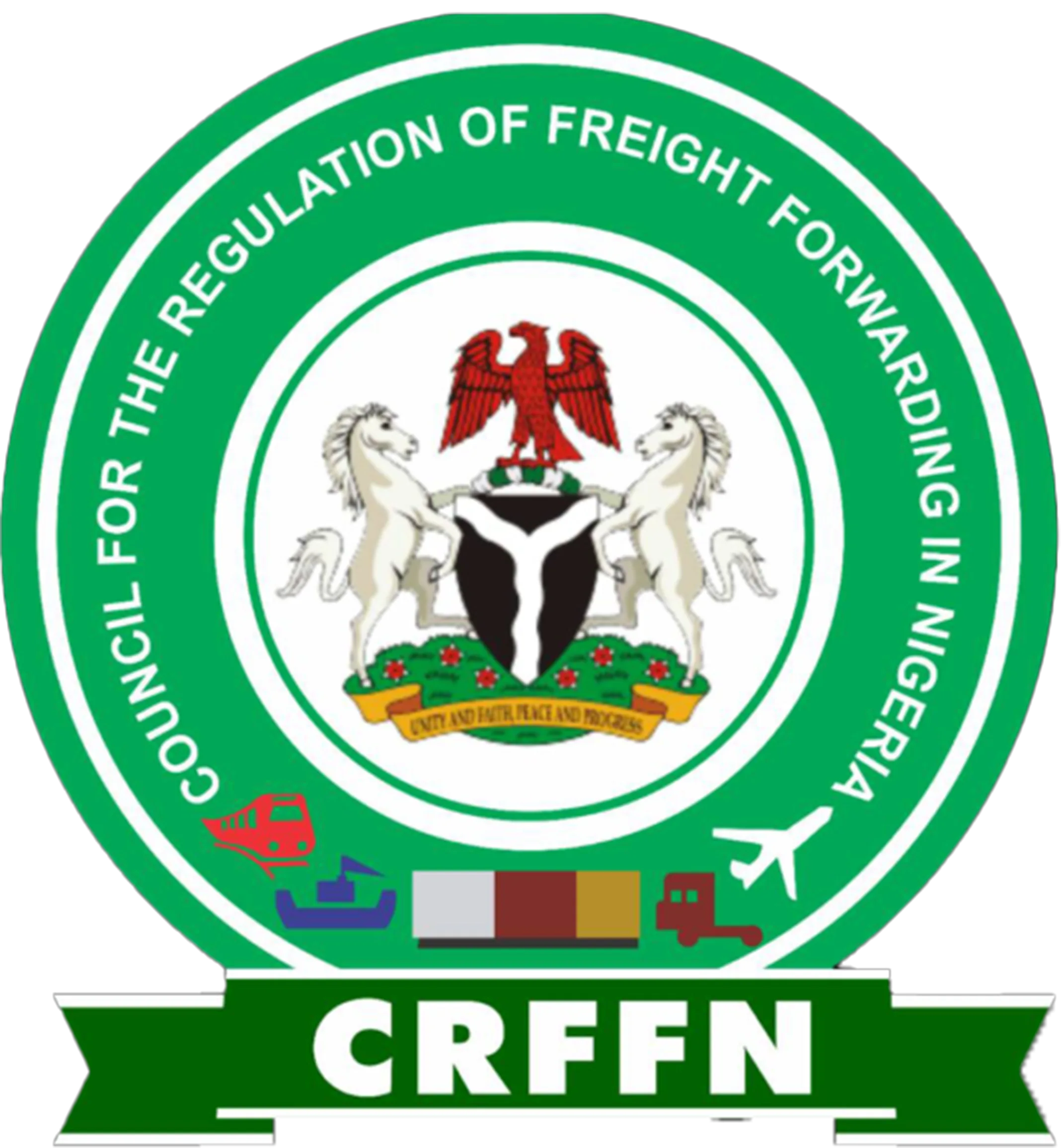Navigating Botswana’s landlocked challenges
As a landlocked nation in Southern Africa, Botswana presents unique logistics challenges for businesses engaged in international trade. Being distant from major seaports necessitates a seamless integration of multimodal transportation to facilitate efficient cargo movements.
At Limark, we specialize in overcoming such geographical barriers through our expertise in inland logistics and global network capabilities. Our comprehensive solution for shipping to and from Botswana ensures your goods traverse borders seamlessly, reaching their destination cost-effectively and without delays.
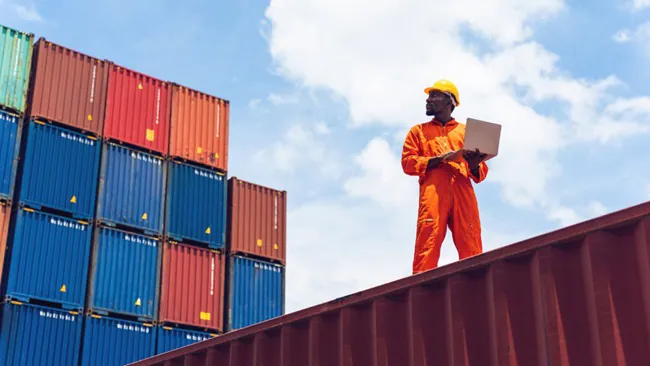
Import regulations and licensing requirements
Navigating the import process can be complex. Simplify the experience by getting up-to-date local information on procedures, restrictions, demurrage, detention, container pick-ups, and and more.
Export regulations and licensing requirements
Navigating the export process can be complex. Simplify the experience by getting up-to-date local information on procedures, restrictions, demurrage, detention, container pick-ups, and and more.
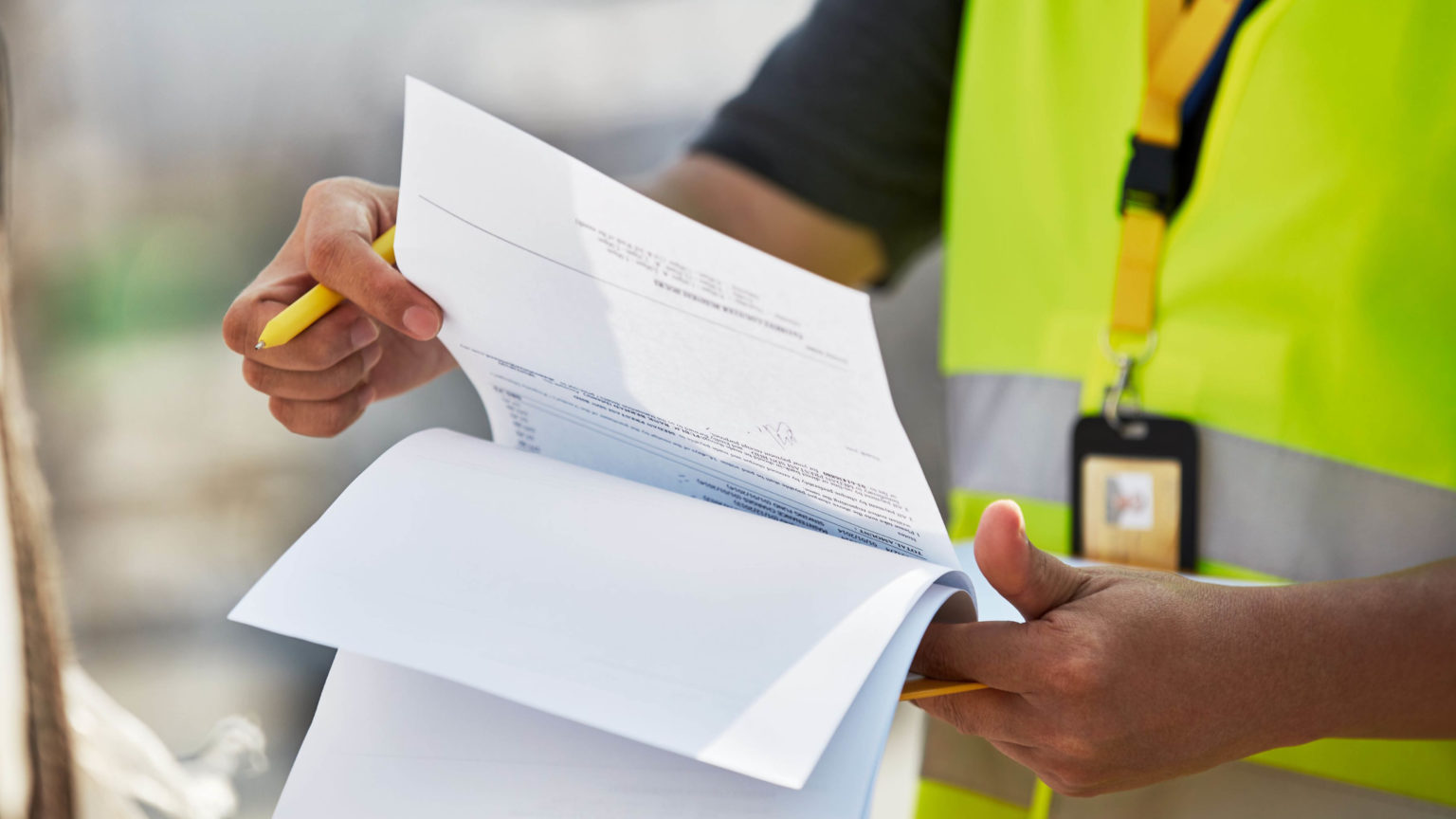
Seamless cross-border shipping to and from Botswana
Experience end-to-end shipping with Limark. Our dedicated team and state-of-the-art technology simplify import and export shipping to and from Botswana, navigating regulatory complexities effortlessly.
Whether you’re a seasoned importer/exporter or new to the Botswana market, our integrated shipping services to and from Botswana ensure your goods reach their destination promptly and hassle-free.
With our expansive network and innovative logistics technology, no destination is beyond your reach. Let us be your trusted partner in connecting your business to global markets, leveraging our expertise and global reach to elevate your trade journey.
Get Expert Guidance
Contact our regional experts
Partner with experienced freight forwarders and customs brokers for seamless shipping to and from Botswana. Ensure full documentation compliance with the guidance and logistics services of our team.
